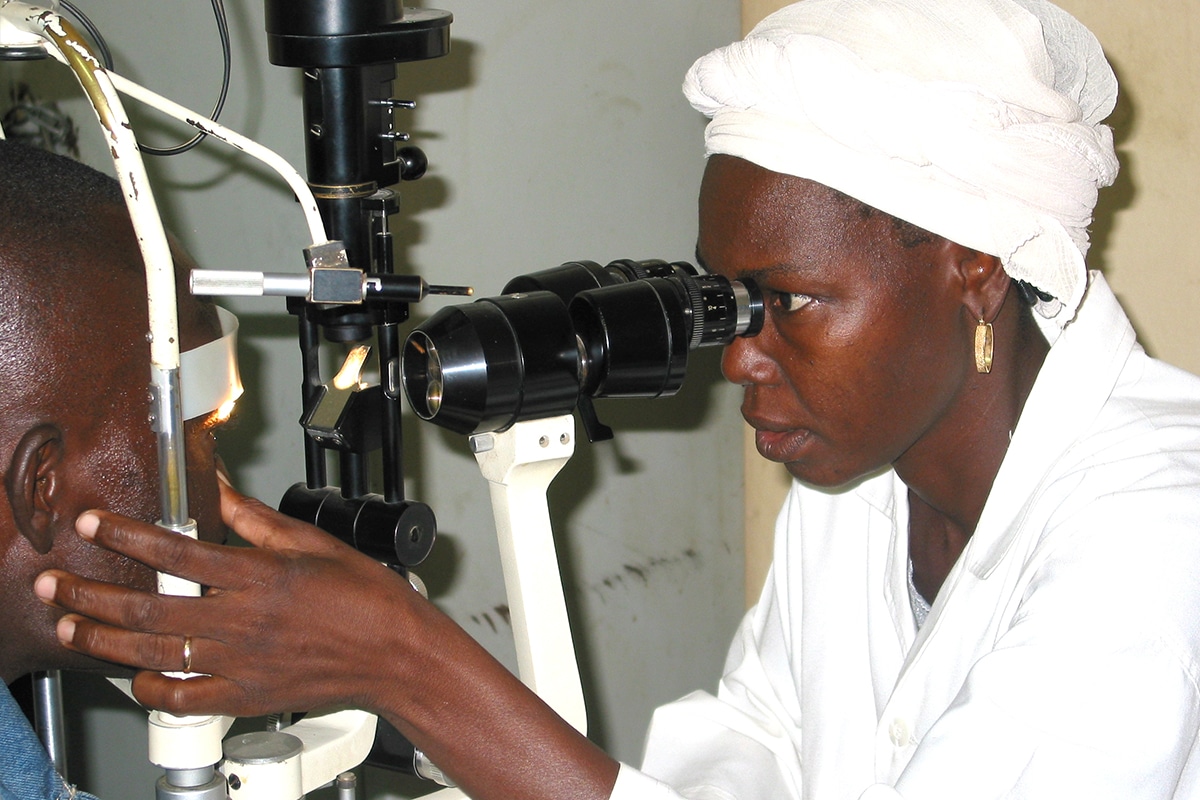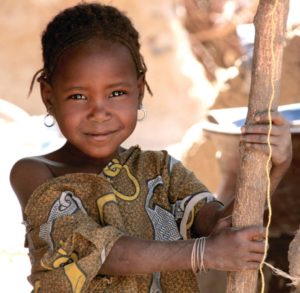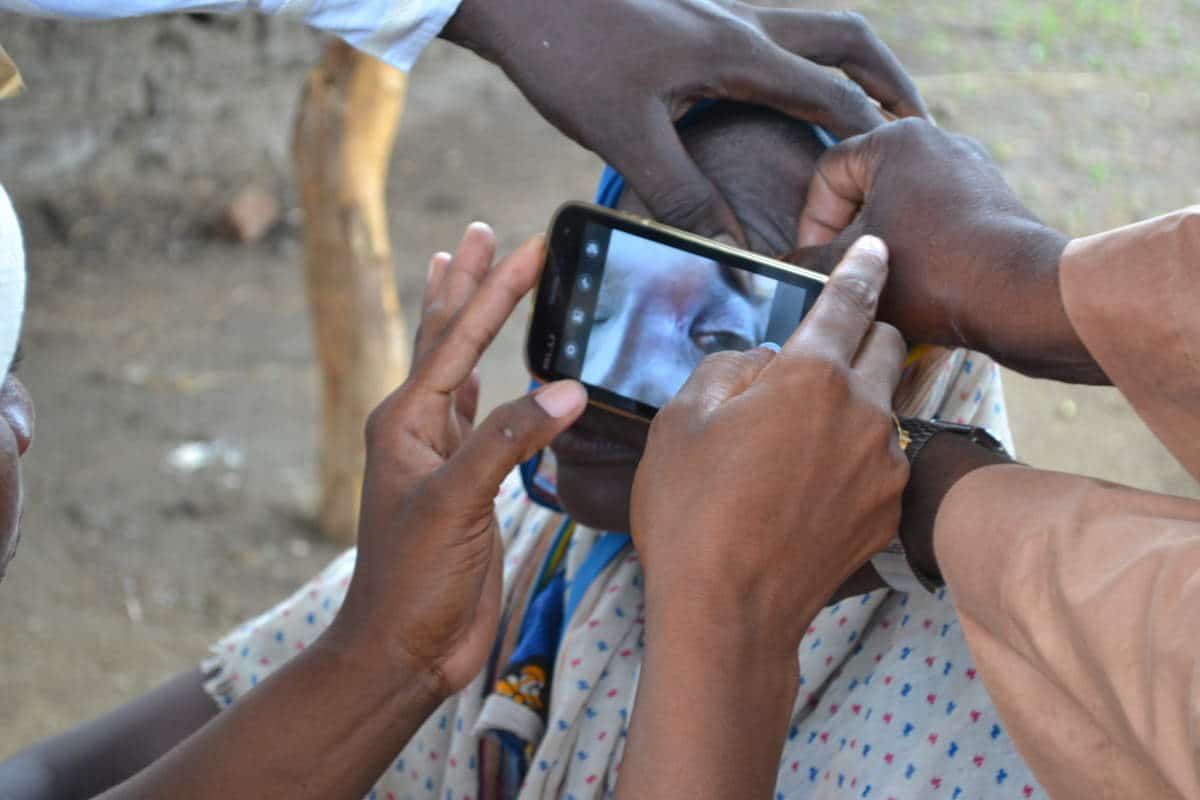What are Neglected tropical diseases (NTDs)?
Neglected tropical diseases (NTDs) are a group of parasitic and bacterial infectious diseases that affect more than 1 billion of the world’s most impoverished people.
NTDs cause devastating physical and socio-economic damage to billions of people each year. They cause severe pain, long-term disability and can lead to death. Effects such as blindness and deformed limbs result in social isolation. Physical ailments and social isolation make working or going to school difficult, meaning that many people are unable to learn or provide for themselves and their families and are left in a cycle of poverty.
Over 40% of the world’s NTD burden is concentrated in Africa, but out of the 19 countries that have been validated as having eliminated one of the five diseases, only four are from Africa (Morocco [Trachoma, 2016], Togo [Lymphatic filariasis, 2017], Egypt [Lymphatic filariasis, 2018] and Ghana [Trachoma, 2018]).
OPC’s Fight Against NTDs

OPC’s NTDs program focuses on eliminating five NTDs in Francophone Africa: trachoma, onchocerciasis, lymphatic filariasis, schistosomiasis and soil-transmitted helminths. These can all be controlled by the large-scale distribution of proven safe and effective medicines to people living in endemic areas.
OPC’s program is multifaceted according to the disease and the local country context. Across all NTD projects, OPC supports target countries to map disease burden, gain access to donated NTD medications, train community drug distributors and monitor and evaluate program performance and impact.
Of the five NTDs in OPC’s portfolio, trachoma and onchocerciasis can result in vision loss and blindness. OPC decided to incorporate three-nonblinding diseases – lymphatic filariasis, schistosomiasis and soil-transmitted helminths – into its program because OPC-trained community drug distributors are able to deliver medicines to prevent these diseases as well as blinding NTDs, especially if the same drug treats both conditions.
Examples of Neglected tropical diseases (NTDs):
Jump to section
Testimonials








You can help the Organization for the Prevention of Blindness empower through sight in Francophone Africa.
Consider making a gift today. Gifts by check can be made out to KBFUS with “American Friends of OPC” in the memo section. Please send checks to KBFUS:
10 Rockefeller Plaza, 16th Floor, New York, NY 10020.
Or make your gift by credit card online here:
At the Organization for the Prevention of Blindness (OPC), we chose to be a “glass house” to explain where every dollar goes. We owe it to you. Of every dollar we spend, 95 cents goes to preserving and restoring eyesight of the world’s most vulnerable people.
